A retrospective of Jean-Pierre Melville.
................ June 8–August 12, 2017
Illustration by Malika Favre [New Yorker]
Melville 100
There was a Jean-Pierre Melville retrospective at Film Forum earlier this month (April 28 - May 11, 2017). It's being repeated at the Pacific Film Archive in Berkeley June 8–August 12, 2017. [The PFA/BAM program is thanks to Bruce Goldstein, Film Forum; Eric di Bernardo, Rialto Pictures; Amélie Gavin-Davet, Cultural Services of the French Embassy, New York; the Consulate General of France, San Francisco; and Institut Français, Paris.]Anthony Lane provided an introduction in The New Yorker. Prepare this way, he said:Père of the Nouvelle Vague, interpreter of Cocteau, master of the crime/gangster genre, Jean-Pierre Melville (1917-1973) remained always separate and himself. After serving in the French army and then the Resistance during WWII (when J-P Grumbach took his favorite author’s name for his own nom de guerre), he redefined "independent" with his self-financed outside-the-industry adaptations, moving gradually to those austere, if star-studded, evocations of a fantasy underworld that his surname evokes. [Film Forum]Film buffs ought to know most of the following. I'm going to provide a few reminders and fill in some gaps or dust off some shelves.This is how you should attend the forthcoming retrospective of Jean-Pierre Melville movies at Film Forum: Tell nobody what you are doing. Even your loved ones—especially your loved ones—must be kept in the dark. If it comes to a choice between smoking and talking, smoke. Dress well but without ostentation. Wear a raincoat, buttoned and belted, regardless of whether there is rain. Any revolver should be kept, until you need it, in the pocket of the coat. Finally, before you leave home, put your hat on. If you don’t have a hat, you can’t go.[The New Yorker]
Bob le Flambeur, Le Doulos, Le Samouraï and Un Flic long ago entered at least my noir canon. Léon Morin, Priest and The Army of Shadows are justifiably considered classics by historians, and Le deuxième soufle and The Red Circle seem to be highly regarded and have been copied. Le Silence de la Mer, by the war writer Vercors and about a wordless resistance to German occupation, and Les Enfants Terrible by Cocteau have special political and literary significance, respectively, for the French. In short, he's one of the great ones. A lasting influence and one of the masters of the cool.
Many are available online or in excellent remastered or Criterion editions. But Magnet of Doom, while on DVD in France, doesn't seem to be ready at hand in the US. Too bad, since it's from a novel by Simenon, stars Belmondo, and was shot by Henri Decaë. Which kind of says it all. Quintessential Melville: the doomed, lithe hit man (Delon, a master of mime, as we learn in Le Samouraï); or Lino Ventura as the stony soldier of Resistance in Army of Shadows; or Belmondo as the enigmatic crook in Le Doulos; the young priest Léon Morin.
1917 (Paris, France) - 1973 (Paris, France)
1946 24 heures de la vie d'un clown (Short)*
1949 Le Silence de la Mer
1950 Les Enfants Terribles
1953 When You Read This Letter*
1956 Bob le Flambeur
1959 Deux hommes dans Manhattan/Two Men in Manhattan
1961 Léon Morin, prêtre/Léon Morin, Priest
1963 Le Doulos
1963 L'aîné des Ferchaux/Magnet of Doom*
1966 Le Deuxieme Souffle
1969 L'armée des ombres/Army of Shadows
1967 Le Samouraï/The Samourai
1970 Le Cercle Rouge/The Red Circle
1972 Un Flic/Dirty Money
*Hard to find in the US. Letter will be shown in the retrospective.
Alain Delon in Le Samouraï



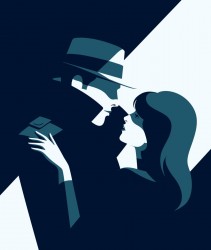
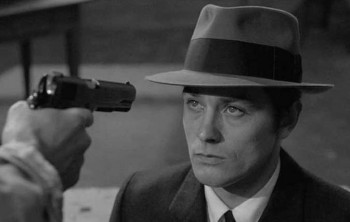

 Reply With Quote
Reply With Quote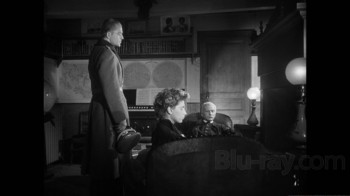
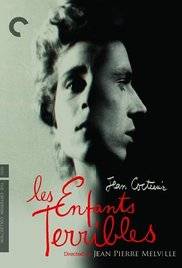
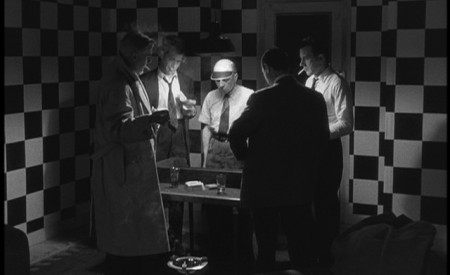
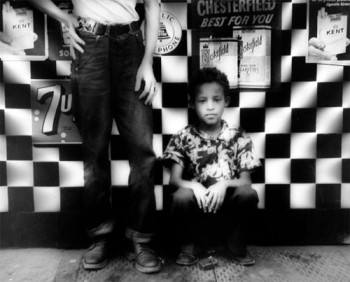
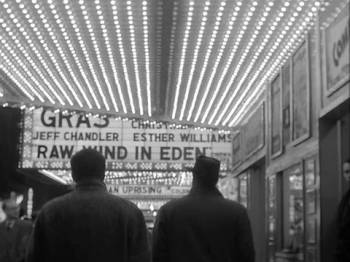


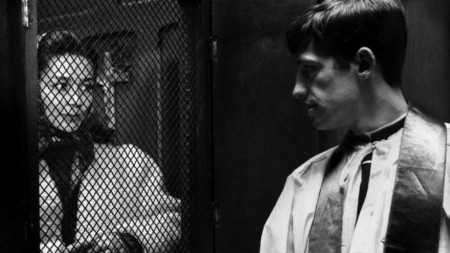

Bookmarks